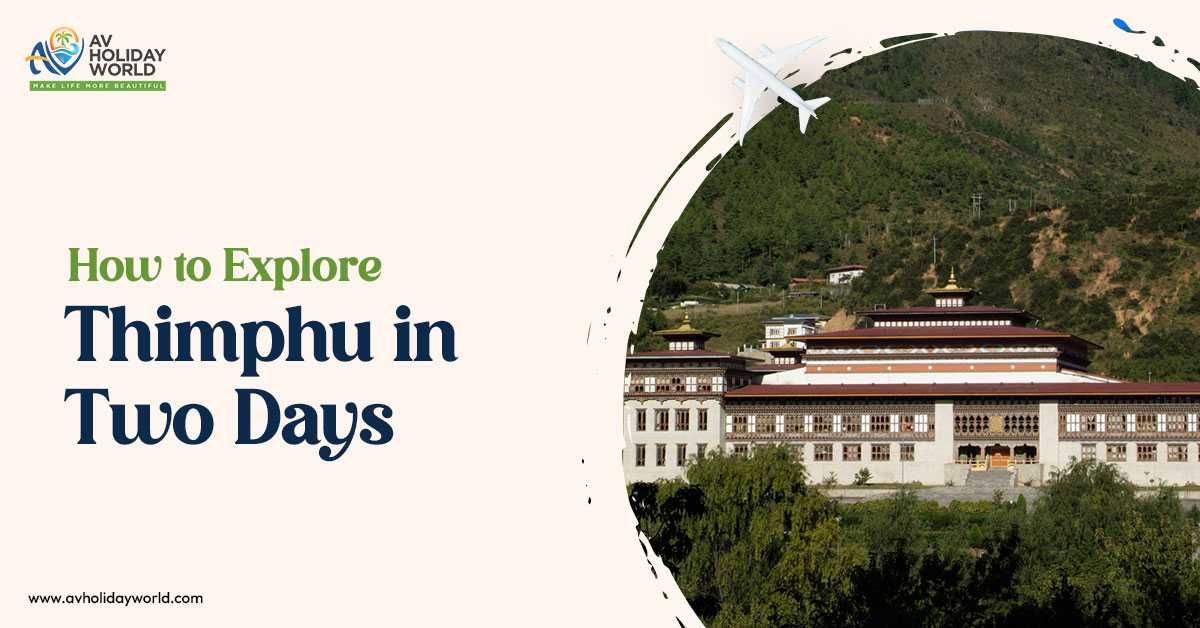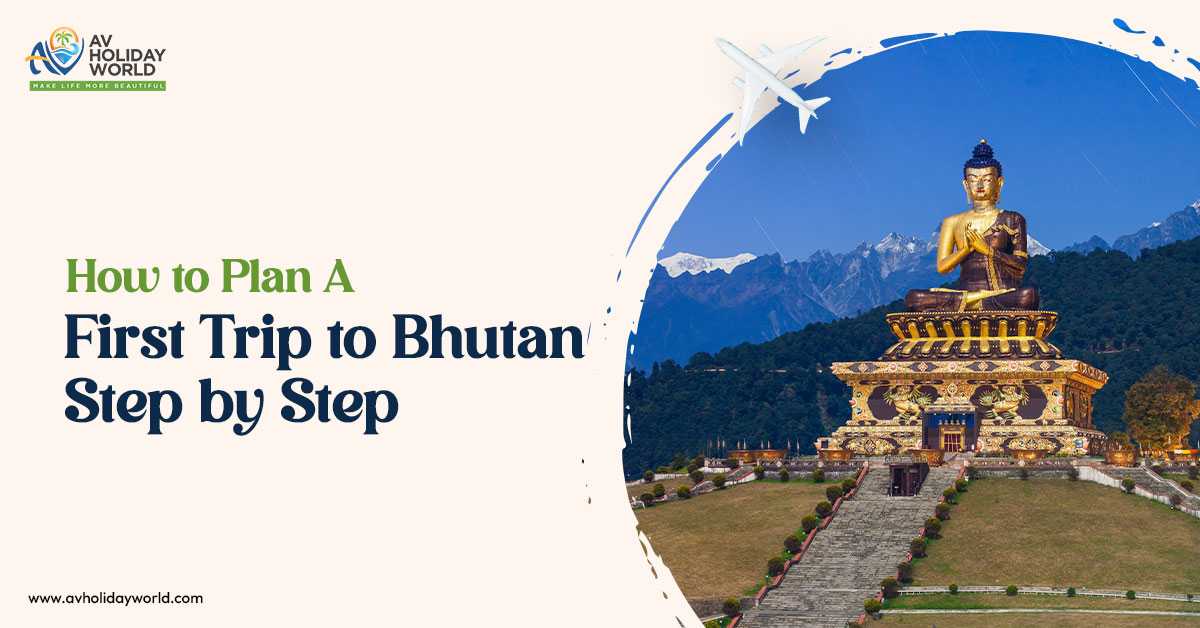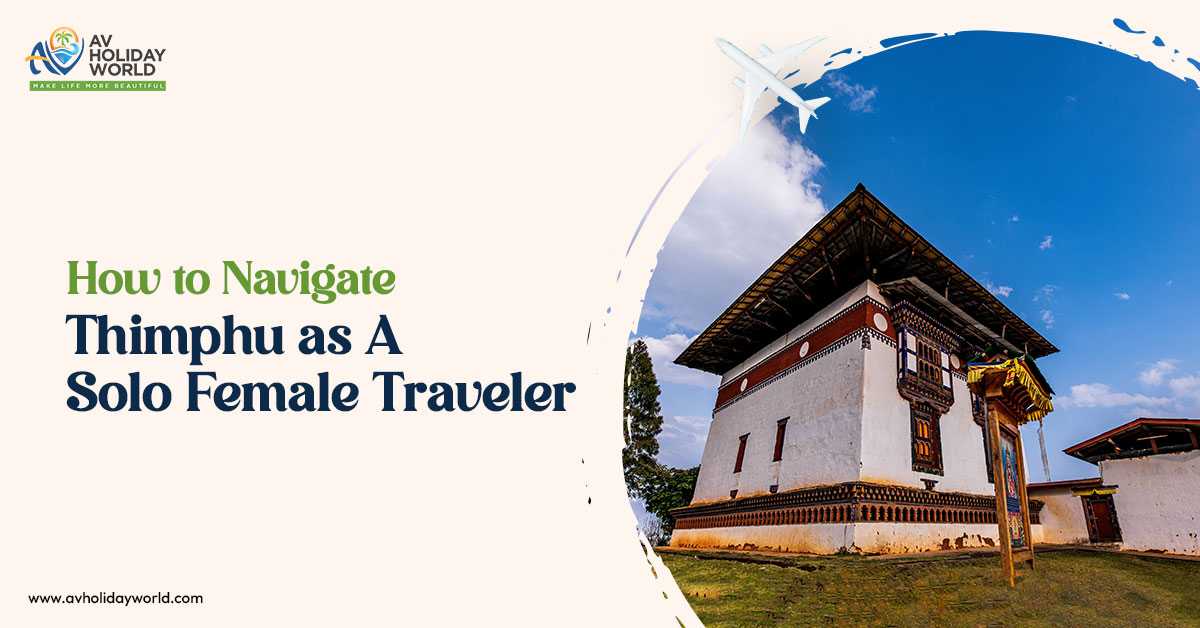Plan your trip to Bhutan? With its majestic mountains, serene monasteries, and vibrant traditions, it’s a destination unlike any other. Whether you’re booking with the best travel agents in Bhutan or planning independently, understanding how to navigate local currency and payments will make your journey smoother and more enjoyable.
Know About Bhutan’s Currency: The Basics
Bhutan’s official currency is the Ngultrum, abbreviated as BTN. A fascinating aspect of Bhutan’s currency system is that it is closely tied to the Indian Rupee, making Indian currency widely accepted across the country. For travelers from other countries, this means exchanging money into Ngultrum is necessary for most transactions.
Denominations to Know
Familiarity with currency denominations can make day-to-day payments easier:
- Coins: 5, 10, 20, and 50 Chetrum (100 Chetrum = 1 Ngultrum)
- Notes: 1, 5, 10, 20, 50, 100, 500, and 1000 Ngultrum
While coins are less commonly used, small notes are extremely practical for minor purchases, tips, and small souvenirs. Larger notes are convenient for hotels, restaurants, and more significant expenses. Carrying a combination of small and medium notes ensures smoother transactions, particularly in local markets or rural areas.
Exchanging Currency
Currency exchange in Bhutan is straightforward if you plan ahead:
- Airport and Official Counters: You can exchange foreign currency at the airport or at banks in major towns. This is a secure and reliable way to get local currency.
- Banks in Cities: Banks in Thimphu, Paro, and Punakha offer official exchange services with standard rates.
- Small Notes Matter: Always try to carry some small denominations for everyday use. Vendors in villages or local markets may not have change for larger notes, so having smaller bills is very practical.
Using official channels for currency exchange ensures safety and helps avoid complications with counterfeit notes or incorrect rates.
What to Choose Between Cash and Cards in Bhutan?
Although Bhutan is gradually embracing modern payment methods, cash still plays a major role, especially in rural regions and traditional markets. Understanding when to use cash and when cards are accepted can make traveling more convenient.
Using Cards
Cards are increasingly accepted in urban areas and tourist centers. Many hotels, restaurants, and larger stores now support card payments, making it easier for visitors to handle transactions securely.
- Hotels and Restaurants: Higher-end hotels and restaurants often accept card payments for room charges and meals.
- Shopping Centers: Some modern stores and shops in urban areas accept cards, but it’s always polite to check before assuming.
Tips: Cards may not be suitable for small daily purchases like snacks or local transportation, where cash is preferred.
When Cash is Needed?
1. Rural Areas: Villages, monasteries, and remote trekking routes often rely entirely on cash.
2. Local Markets and Street Vendors: Many vendors prefer cash, and small denominations are helpful for smooth transactions.
3. Everyday Expenses: Taxis, small eateries, and local guides typically prefer cash, and offering exact notes shows respect and consideration.
How Digital Payments Work in Bhutan’s Growing Trend?
Urban areas in Bhutan are beginning to embrace digital payment systems, making life easier for tech-savvy travelers. Some shops and restaurants display QR codes for direct payments through mobile apps, while a few upscale hotels accept contactless card payments.
What to Know About Digital Options?
- Mobile Payments: In major towns, mobile payments are becoming increasingly common. Some local services allow payments via QR codes.
- Connectivity Matters: Internet access may be limited in rural areas, so digital payments are not always reliable.
- Backup is Important: Always carry some cash in addition to using digital options to ensure seamless transactions in remote regions.
Digital payments add convenience, but they complement rather than replace cash. Travelers who carry both cash and digital payment methods will have the most flexibility and peace of mind.
How to Make Everyday Payments Easier During Your Trip?
Handling money in Bhutan isn’t just about knowing the currency—it’s also about understanding local customs and practical practices. Here are some tips to make your experience seamless:
Carry Small Denominations
Small notes are particularly useful for:
- Minor purchases like snacks, tea, or bottled water
- Paying for local transportation or parking
- Offering tips or small donations at monasteries
Having small bills ensures that transactions are smooth and shows thoughtfulness towards vendors who may not have changed.
Respect Local Practices
Bhutanese culture values politeness and mindfulness in everyday life. Simple gestures such as handing over cash politely, counting notes discreetly, or thanking the vendor can make a positive impression.
Prepare for Rural Travel
If you plan to explore villages, mountain trails, or monasteries off the beaten path, carrying cash is essential. Many rural areas do not have banks, ATMs, or digital payment options, so being prepared will allow you to focus on the experience rather than logistics.
Cards in Urban Areas
For urban centers, cards offer convenience and security, particularly for hotels and restaurants. Still, carrying a small amount of cash ensures you’re prepared for situations where card payments are not accepted.
How to Manage Everyday Payment Situations?
To give you a clearer picture of practical money handling in Bhutan, here are a few real-life situations:
- Visiting a Local Market: Vendors appreciate exact change. Carrying small denominations makes bargaining or small purchases effortless.
- Paying for Transportation: Taxis, local buses, or private drivers often prefer cash. Having the right amount helps keep travel stress-free.
- Contributing to Monasteries or Cultural Sites: Many temples request small donations or entry fees in cash. Small notes make this easier and unobtrusive.
- Shopping for Souvenirs: Artisans and small shops may not have card facilities, so using cash is often the most convenient approach.
Being prepared with both cash and cards allows you to navigate these scenarios confidently, no matter where your travels take you.
Understanding Local Customs Around Money
In Bhutan, financial transactions are intertwined with cultural etiquette. Understanding these subtle practices can enhance your experience:
- Mindful Transactions: Always hand over money with respect, and avoid showing frustration if change is unavailable.
- Politeness Goes a Long Way: Smiling, thanking vendors, and using polite gestures make interactions smoother.
- Awareness of Local Norms: In rural communities, bargaining is uncommon. Accept prices as stated and avoid haggling unless the situation clearly allows it.
Being culturally aware while handling payments ensures that your interactions are harmonious and enrich your travel experience.
How to Stay Flexible and Travel Smoothly?
The key to navigating Bhutan’s currency and payment system is flexibility. Practices vary between urban and rural areas, and infrastructure in remote regions may be limited. Here are some simple guidelines:
1. Adapt as Needed: Urban centers offer more payment options, while rural areas rely heavily on cash. Adjust according to your location.
2. Carry Small Notes: They’re invaluable for minor transactions, tips, or donations.
3. Use Cards and Digital Payments Wisely: They’re convenient but should not be relied upon entirely.
With this balanced approach, you can handle transactions smoothly while staying immersed in Bhutan’s stunning landscapes and rich culture.
How to Enjoy Every Moment of Your Bhutan Trip?
Traveling in Bhutan is about slowing down, observing, and appreciating the small details of everyday life. Money handling, while practical, can become part of the immersive experience rather than a chore. By understanding the basics of currency, knowing when to use cash or cards, and respecting local customs, you can navigate Bhutan effortlessly.
Exploring monasteries perched on cliffs, wandering through lively local markets, or hiking serene mountain trails becomes far more enjoyable when you’re prepared. Each transaction, whether it’s paying for a cup of butter tea or a handcrafted souvenir, offers a small insight into Bhutanese life and traditions.
Conclusion
Bhutan offers a travel experience like no other, where nature, culture, and tradition come together. Understanding how to handle currency and payments makes traveling here much easier. Cash is still essential in many areas, while cards and digital options are useful in cities. A little preparation and respect for local practices go a long way.
Make your Bhutan journey effortless and memorable with AV Holiday World, your trusted partner for planning and organizing trips in the Land of the Thunder Dragon.
Comments (0)




